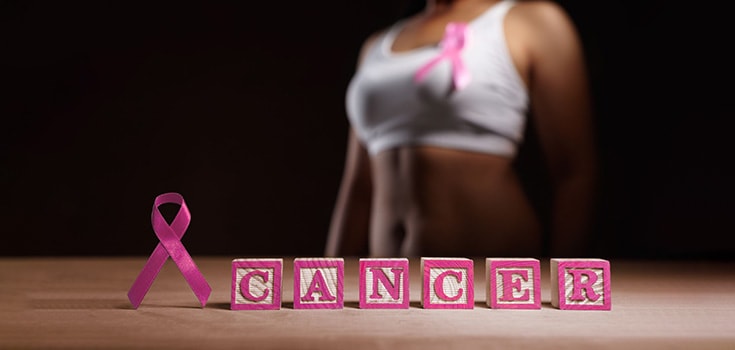Breast Cancer Risk Jumps Significantly from Working in Toxic Environments

Work environments can be toxic in a variety of ways, but not all of them lead to endocrine disruption and cancer. A Canadian case led by British researchers labeled certain jobs as having raised risks of employees developing breast cancer:
- Agriculture
- Plastics
- Food packaging
- Metal manufacture
- Pub and gambling industries
A British team of researchers interviewed and surveyed 1,006 women with cancer and 1,147 other, randomly selected women within an Ontario community. They compared occupational and reproductive histories, concluding that 10 years in the aforementioned professions significantly raised the risk of breast cancer development. The study was published in the journal Environmental Health.
Researchers say that shift hours and working at night may also contribute to the increased risk. The women’s medical history (including the use of antidepressants, which may raise the risk of breast cancer) is not mentioned in the study’s provisional abstract.
Exposure to Endocrine Disruptors
What is known about each occupation, however, indicates significant exposure to toxins. Individuals with jobs in agriculture are often exposed to dangerous pesticides, which USC researchers have found to be linked to prostate cancer. (Over 260 other studies link agrochemicals to other cancers, including that of the breast—hence the 34 to 74 percent raised risk in the Canadian study.)
Researchers also concluded that women working in the metal industry faced 73 percent greater risk of developing breast cancer, while jobs in plastics, pubs, and canning doubled their chances. Although Susan G. Komen has repeatedly denied the integrity of numerous studies linking bisphenol A (BPA) with breast cancer, these numbers don’t help their case.
Admittedly, there are other ingredients involved in working with plastic and metal that have recently been linked to breast cancer, like bisphenol S (BPA’s close cousin found in BPA-free plastics and canned foods) and phthalates (found in food packaging, raincoats, shower curtains, lubricants, beauty products like nail polish and shampoo, and even children’s toys).
Help Beat Cancer with Nutrition
To protect yourself from pesticides and endocrine-disrupting chemicals, prevention is key but not always feasible.
Additional Sources:

This is not a complete story. If I had not read one of the sources , I would not have known she had surgery and chemo and just subbed a good diet for Tamoxifen. She also ate totally organic and ate superfoods, as well as taking turmeric. I love and believe in turmeric, but it was not the only thing she did and her story isn't over yet until next Aug.